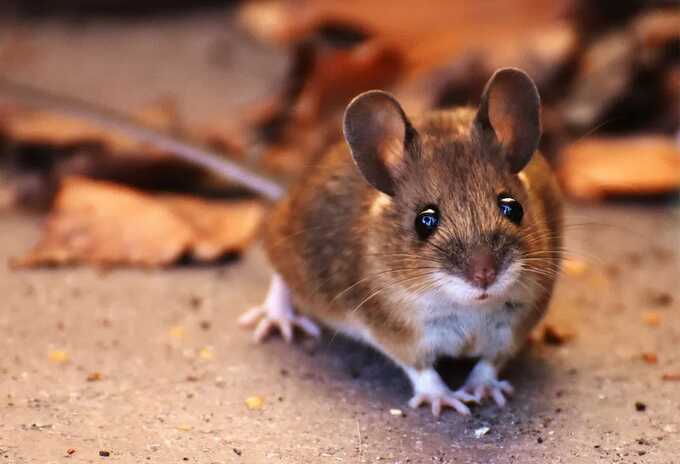Mold, mice, and droppings among issues discovered at Whitehall’s restaurants and bars

Rodent infestation and expired food were found in government canteens and cafes during recent inspections.
Whitehall’s restaurants and bars have often been the scene of a grubby deal or plot in the occasionally dirty business of politics. But, according to a series of health inspections, they have needed to clean up their acts in more ways than one.
Instances of mouse-nibbled snacks, repeated discoveries of their droppings, mouldy veg and other serious hygiene issues have been raised in recent years in inspections of canteens, cafes and restaurants across Westminster, the Observer can reveal. In one case, the inspector warned that eating in one government department’s canteen posed “an imminent risk of injury to health”.
An 2022 inspection of a Ministry of Defence restaurant at Ripley Buildings, Whitehall, led to a food hygiene rating of just one out of five. “Our inspection revealed a serious widespread mice infestation and poor maintenance of routine cleaning resulting in a significant risk of food contamination,” an inspector wrote.
The inspector went on to serve a hygiene emergency prohibition notice, a legal order stopping the use of one of its dry food stores because of a risk to public health. It found that chocolate bars and a bag of bread crumbs had been gnawed by mice.
A 2022 report inspecting a series of facilities at the House of Commons awarded two out of five stars. It detailed that there were “ongoing issues with pests in the House of Commons”, with mouse droppings in 14 locations, including under a food preparation area, in a washing-up area, where chopping boards are stored, and next to fridges.
“I was informed that staff had thoroughly cleaned the kitchens on Friday before my visit and therefore I was disappointed to find mice droppings in several kitchens and in clear view,” the inspector noted.
A separate 2022 report, looking at a different group of House of Commons outlets, also scored them as two out of five and documented another series of mouse-related issues. It also found “a build-up of food debris on the underside of the blade” on the meat slicer in one kitchen.
A report of the same facilities in 2023 demanded “immediate” action on some issues. “A member of staff in the pastry section was seen placing containers of food directly on the floor, then returning them to the fridge,” it noted. Another Commons outlet had given vacuum-packed food a shelf-life of one month, when it should have had a shelf life of just six days.
The Ministry of Justice did not escape, with a 2022 report noting “potatoes with mould in the kitchen” of the staff restaurant. Meanwhile, at the Foreign Office, a 2022 inspection found “courgettes with mould in the cold room” and criticised “old mouse droppings in the premises” and “lapses in cleaning”. Out-of-date food was found at the department for international trade in 2023.
Even those serving peers of the realm were not immune from criticism. A 2020 report on House of Lords facilities warned that there was a legal requirement to take action because of “food waste and dirt noted on the floor area”. All the inspections were revealed to the Observer under the Freedom of Information Act.
Action has been taken, however. The House of Commons and the Lords said their outlets now had a five-star rating after their most recent visits from inspectors. “We serve thousands of customers each year, with robust food safety and hygiene processes in place,” said a House of Commons spokesperson. “If issues are identified, we act quickly to address them.”
A Lords spokesperson said: “We have a robust food safety management system. In addition to inspections by Westminster city council, we have annual inspections from an independent food safety consultancy.”
A government spokesperson said: “These reports are outdated, with most being over two years old. The health and safety of all staff is a top priority, and the issues raised at the time were promptly addressed. The most recent inspections have resulted in high, positive ratings for food hygiene.”
Local authorities are responsible for inspecting businesses and enforcing food hygiene laws in their area. They can take action if they find standards unacceptable, with their powers ranging from requiring that issues be fixed, to closing the premises or bringing a prosecution. Inspections take place at up to five-year intervals, but are often more frequent.
Read more similar news:
Comments:
comments powered by Disqus

































